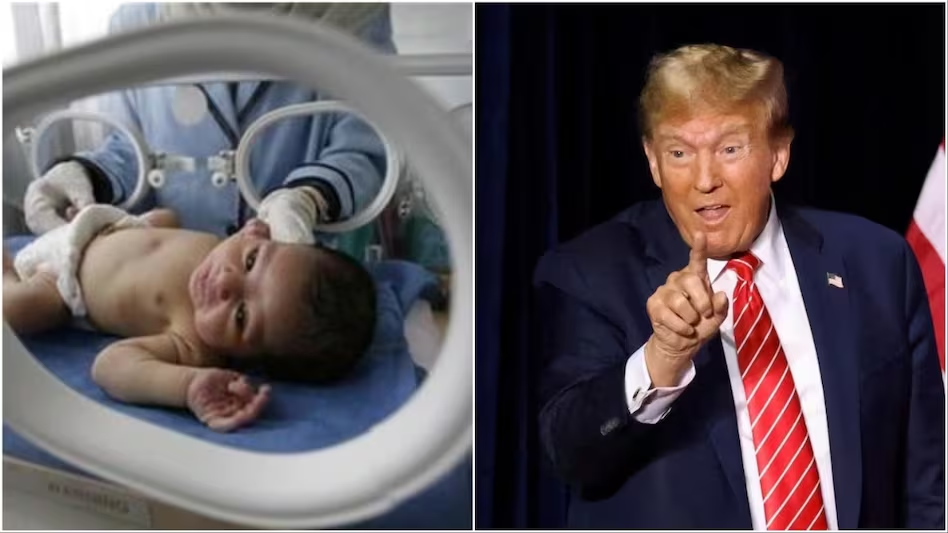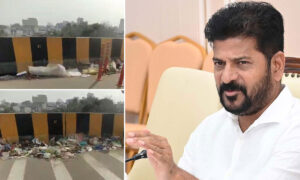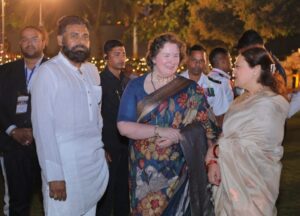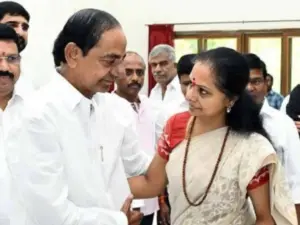
Doctors across the United States are witnessing an unexpected surge in requests from pregnant Indian women—many of whom are on H1B and L1 visas—for pre-term caesarean deliveries before February 20. This urgency coincides with the impending enforcement of President Donald Trump’s executive order that ends automatic birthright citizenship. Under the new policy, only children born to at least one U.S. citizen or Green Card holder will be eligible for U.S. citizenship, leaving those born to parents on temporary work visas ineligible. The policy, set to take effect on February 20, has sent shockwaves through immigrant communities.
Medical professionals report increasing numbers of desperate requests for early deliveries. According to The Times of India, Dr. SD Roma, a New Jersey-based obstetrician, recounted, “A seven-month pregnant woman came with her husband to request a pre-term delivery. She isn’t due until March.” Similarly, Dr. SG Mukkala, an obstetrician in Texas, highlighted the significant health risks associated with pre-term births, including underdeveloped lungs, feeding difficulties, and potential neurological complications. “In the past two days, I’ve spoken to 15-20 couples about these dangers,” he noted.
For Indian families on temporary work visas, the ramifications of this policy change are far-reaching. Traditionally, birthright citizenship under the 14th Amendment of the U.S. Constitution has provided an automatic pathway to citizenship for children born on U.S. soil. This principle, enshrined in the Citizenship Clause since 1868, has been a cornerstone of American immigration policy. The executive order’s departure from this precedent has ignited legal challenges and constitutional debates, with many experts predicting that the issue will escalate to the Supreme Court.
The legal implications are significant. If the courts uphold the Citizenship Clause, only a constitutional amendment could overturn the principle of birthright citizenship—a process requiring substantial legislative consensus. However, for now, the policy places Indian families in precarious positions. With nearly one million Indians trapped in an extensive Green Card backlog, many find themselves unable to secure permanent residency in time to protect their children’s citizenship.
Without birthright citizenship, children born to temporary visa holders after February 20 face the prospect of deportation when they reach adulthood unless they independently secure a visa. This reality may compel many families to return to India voluntarily, avoiding potential separation.
Green Card holders are unaffected by the policy shift, but those on temporary visas face limited options. The inability to guarantee their children’s citizenship adds another layer of complexity to an already arduous immigration process, exacerbating the uncertainty and anxiety within these communities.
As lawsuits and constitutional debates unfold, the future of birthright citizenship hangs in the balance. The outcome could lead to a landmark ruling, shaping the trajectory of American immigration policy and the interpretation of the 14th Amendment for generations to come.
Recent Random Post:
















